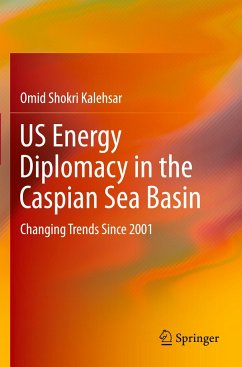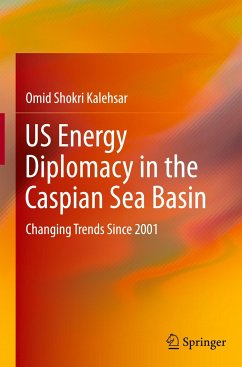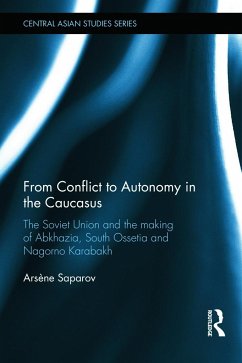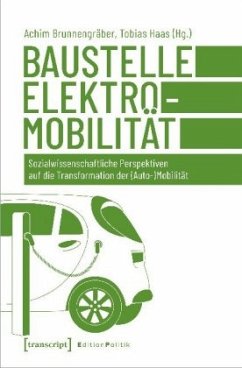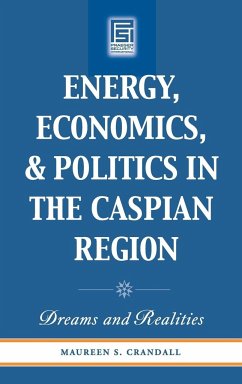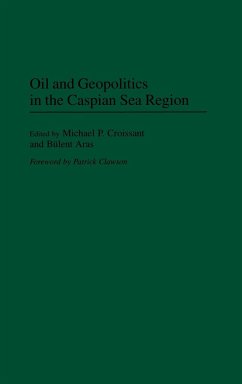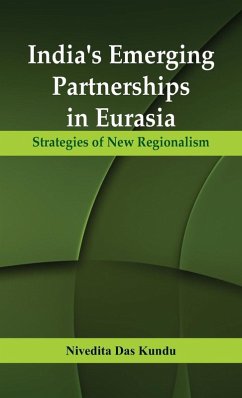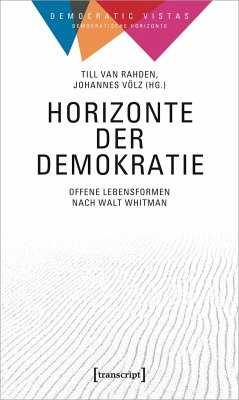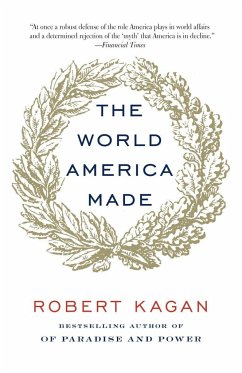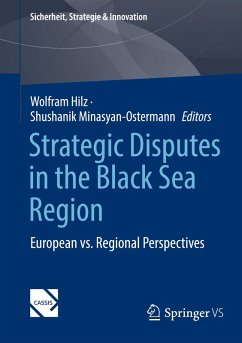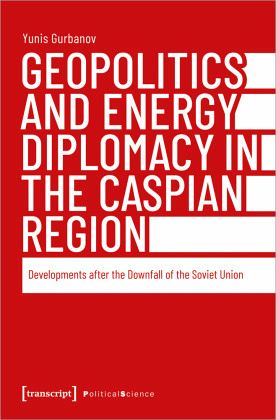
Geopolitics and Energy Diplomacy in the Caspian Region
Developments after the Downfall of the Soviet Union

PAYBACK Punkte
16 °P sammeln!
Could the Caspian Region replace Russia's or the Persian Gulf's immense energy potential with their energy resources? Yunis Gurbanov explores the strategic importance of the region in post-USSR Eurasian policies of major global actors, namely China, the EU, the USA, and Russia, and examines Azerbaijan's, Kazakhstan's, and Turkmenistan's oil and gas resources as alternatives to conventional suppliers. He shows that the Caspian region's resources could serve as alternative energy sources on a global level, mitigating dependence on traditional suppliers and stabilizing energy prices.




